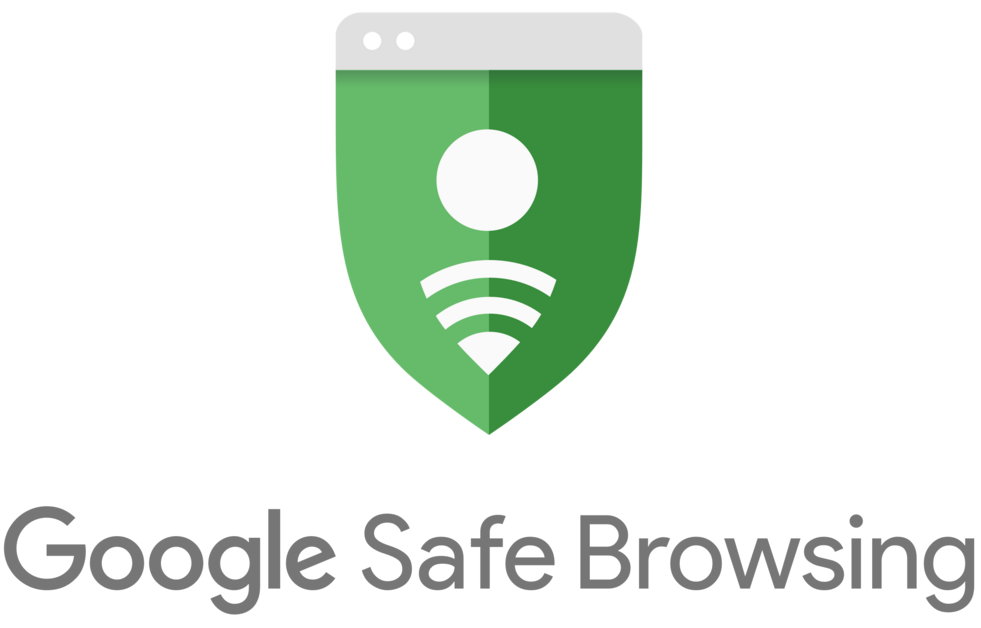When it comes to making purchases, one of the most common dilemmas people face is whether to use cash or credit. Well, choosing between one of them can be hard, once both options have distinct advantages and disadvantages.
However, don't worry! We are going to explore the differences between each of them to help you decide which is better for you, according to your personal preferences, financial goals, and spending habits.
Cash vs. Credit Cards
Convenience
- Cash: tangible and immediate, cash can be used nearly everywhere without the need for technology. However, carrying large amounts can be inconvenient and risky.
- Credit: credit cards offer unparalleled convenience, especially for online shopping, travel, or high-value purchases. They’re lightweight and easy to carry, but their reliance on technology can be a drawback in places that don’t accept cards.
Spending Habits
- Cash: paying with cash makes you more conscious of your spending because you physically see the money leaving your hands. This can help avoid impulsive purchases.
- Credit: credit cards can encourage overspending, as swiping doesn’t feel as tangible as handing over cash. However, with discipline, they can be a powerful tool for managing expenses.
Rewards and Perks
- Cash: offers no direct rewards or benefits.
- Credit: many credit cards provide rewards such as cashback, travel points, or discounts on purchases. These incentives can add significant value, especially for frequent spenders who pay off their balance monthly.
Security
- Cash: once stolen or lost, cash is gone for good. There’s no recovery mechanism.
- Credit: credit cards offer fraud protection and the ability to dispute charges, making them a safer option for many transactions.
Financial Discipline
- Cash: forces you to stick to your budget since you can only spend what you have on hand.
- Credit: requires self-control to avoid debt and interest charges. Proper management can build your credit score, which is crucial for future financial endeavors like loans or mortgages.
Interest and Fees
- Cash: no additional costs.
- Credit: mismanagement can lead to high-interest charges and late fees.
Cash or Credit: Which Is Better?
To best answer this question, you could use both strategically. Whether you're using cash or credit will depend on several factors, including the type of the purchase, your financial habits, and your goals. Here are some tips to help you decide on how you'll be paying next time:When To Choose Cash
- Avoiding Debt: if you’re prone to overspending, cash can help you stay within budget.
- Small Transactions: for low-value purchases like coffee or snacks, cash can be quicker and hassle-free.
- Privacy Concerns: cash transactions don’t leave a digital trail, providing more privacy.
- Discount Opportunities: some merchants offer discounts for cash payments to avoid credit card processing fees.
When To Choose Credit
- Building Credit: regular, responsible use of credit cards helps establish and improve your credit score.
- Protection: credit cards offer purchase protection and extended warranties for expensive items.
- Travel and Online Shopping: credit cards are really helpful for booking flights, hotels, and making online purchases, especially expensive ones.
- Rewards and Benefits: maximizing cashback or earning travel points can provide significant financial perks.



 Renting or Buying a Home: What to Consider Today
Renting or Buying a Home: What to Consider Today  Bank Fees in Canada: Common Charges and How to Cut Them
Bank Fees in Canada: Common Charges and How to Cut Them  Financial Scams in the U.S.: What to Watch Out For Right Now
Financial Scams in the U.S.: What to Watch Out For Right Now